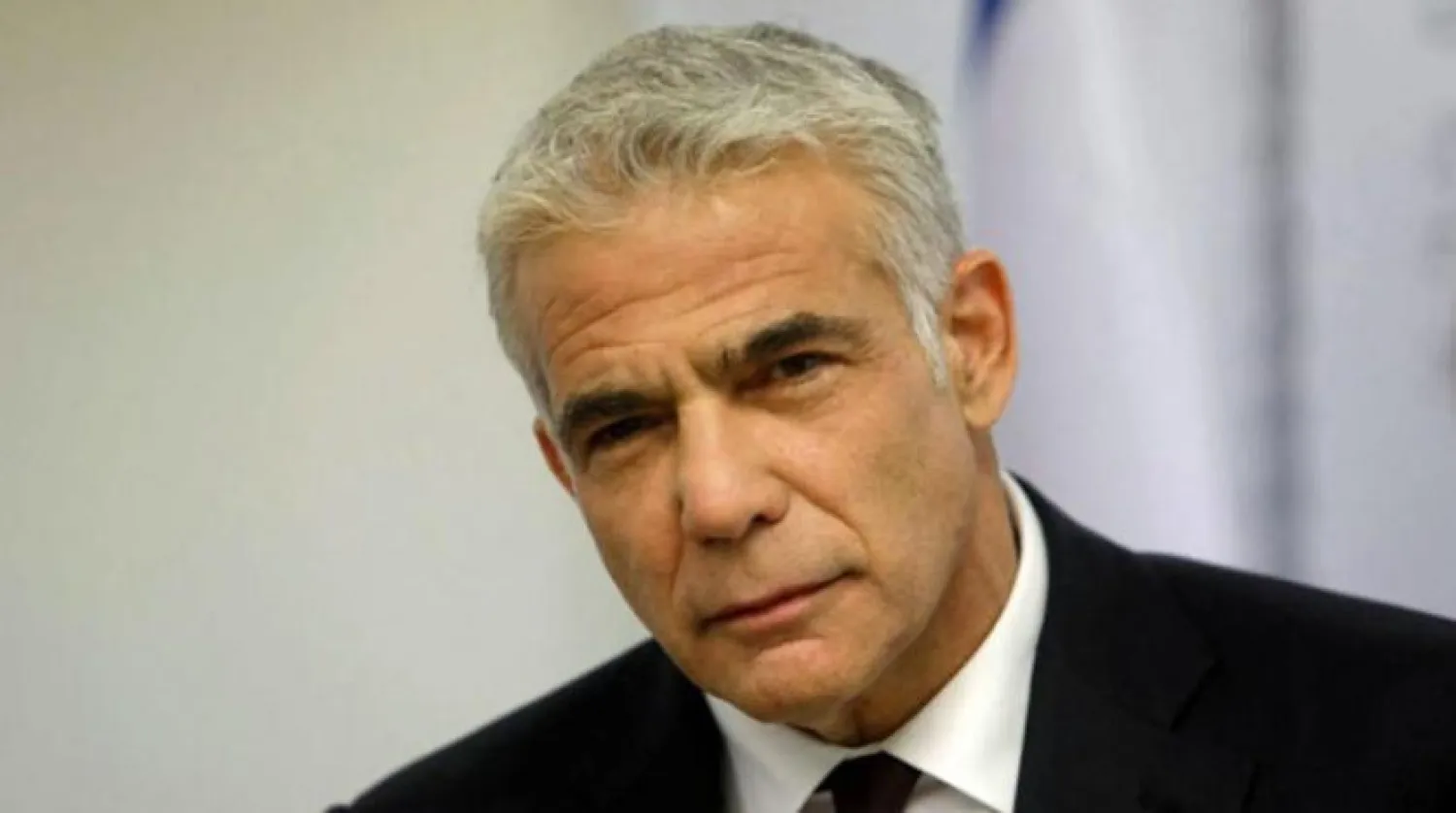Israeli Foreign Minister Yair Lapid is planning to visit Morocco next month after a 20-year rupture in relations between the two countries.
The Times of Israel said that this would be the first visit to Rabat by an Israeli foreign minister.
Lapid had made a similar "historic" visit in late June to the UAE to open the Israeli embassy in Abu Dhabi and the consulate in Dubai.
The Israeli Foreign Ministry said that Lapid's visit to Morocco would take place on August 11 and 12, during which the Israeli diplomatic mission in Rabat will be officially inaugurated.
The Times of Israel confirmed that Moroccan Foreign Minister Nasser Bourita would also visit Israel at the invitation of Lapid to open his country's mission in Tel Aviv.
"After my trip to Morocco, Minister Bourita will come to visit Israel to open missions here," Lapid said at a Yesh Atid faction meeting in the Knesset last week.
The Foreign Ministry Director-General, Alon Ushpiz, visited Morocco three weeks ago, delivering Bourita the written invitation from Lapid.
The Israeli Foreign Minister stressed in his letter that restoring relations between the two states was a historical milestone. He also expressed his desire to make progress in bilateral cooperation between Israel and Morocco in trade, technology, culture, and tourism.
Lapid said the invitation showed that establishing diplomatic and direct relations between the two countries and their citizens is a "top priority" for Israel.
The announcement comes seven months after the two sides normalized their relations, in an agreement brokered by the United States, as part of a wave of normalization agreements between several Arab countries and Israel.
A week ago, the first direct commercial flight from Tel Aviv landed in Marrakesh, carrying one hundred Israeli tourists.
The two countries will link direct flights between Tel Aviv, Marrakesh, and Casablanca to attract 50,000 Israeli tourists to Morocco by the end of the year.
Morocco is home to the largest Jewish community in North Africa, with a population of 3,000 people. About 700,000 Jews of Moroccan origin live in Israel.
Morocco aspires to attract 200,000 Israeli tourists by 2022.
Also this month, a Moroccan air force plane landed in Israel's Hatzor Air Base, reportedly to take part in a multinational Israeli Air Force exercise later this month.
Israel and Rabat only exchanged diplomatic offices instead of embassies, and they maintained close official relations, but Morocco suspended relations after the second Palestinian intifada in 2000.









